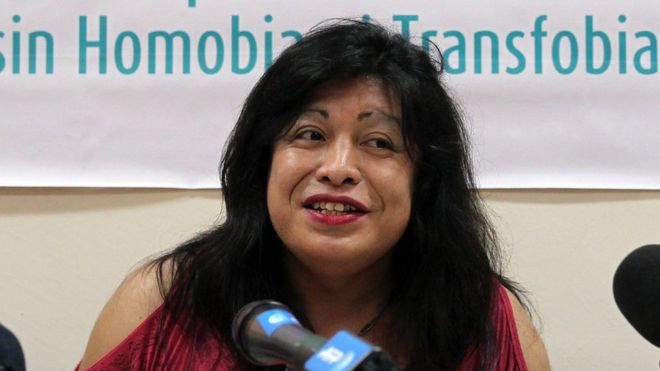By Cintia Garcia
Impunity Watch Reporter, South America
Santiago, Chile—A Chilean court of appeals in Santiago has condemned and sentenced eleven agents of the Intelligence Services of former president and dictator General Augusto Pinochet. The cases brought before the court involved the murder and disappearances of Maria Alvarado Borgel and Martin Elgueta Pinto.

The victims disappeared on July 15th 1974 and were killed in the facility that the intelligence service called “Londres 38.” According to testimony, both Maria Alvarado Borgel and Martin Elgueta Pinto were tortured prior to being killed in the facility. Maria Alvarado Borgel was twenty-one years old and worked as a secretary. She was apprehended by agents of the Intelligence Service as she walked with a friend. On July 17th, 18th, and 25th, the agents took Ms. Borgel to the home of her mother and other family members who testified seeing her in deplorable conditions, including burns to her body. The other victim, Martin Elgueta Pinto was twenty-one years old and a student at the University of Chile studying commercial engineering. Mr. Pinto was interrogated and suffered physical abuse by the agents.
The sentences imposed on the agents by presiding Judge, Leopoldo Llanos, ranged from fifteen to four years in prison. In addition to the sentences, the Chilean state must pay seventy-seven thousand dollars to the brothers of the victim and all the activists belonging to the Revolutionary Left Movement.
In addition to the eleven agents, six other agents of the intelligence service under the Pinochet era have been sentenced for disappearances and murders during the dictatorship. These cases included the murder of Arturo Barría Araneda and Jorge Pardo Aburto.
For more information, please see:
Telesur—Chilean Court Sentences 11 Pinochet-Era Intelligence Agents—27 February 2017.



